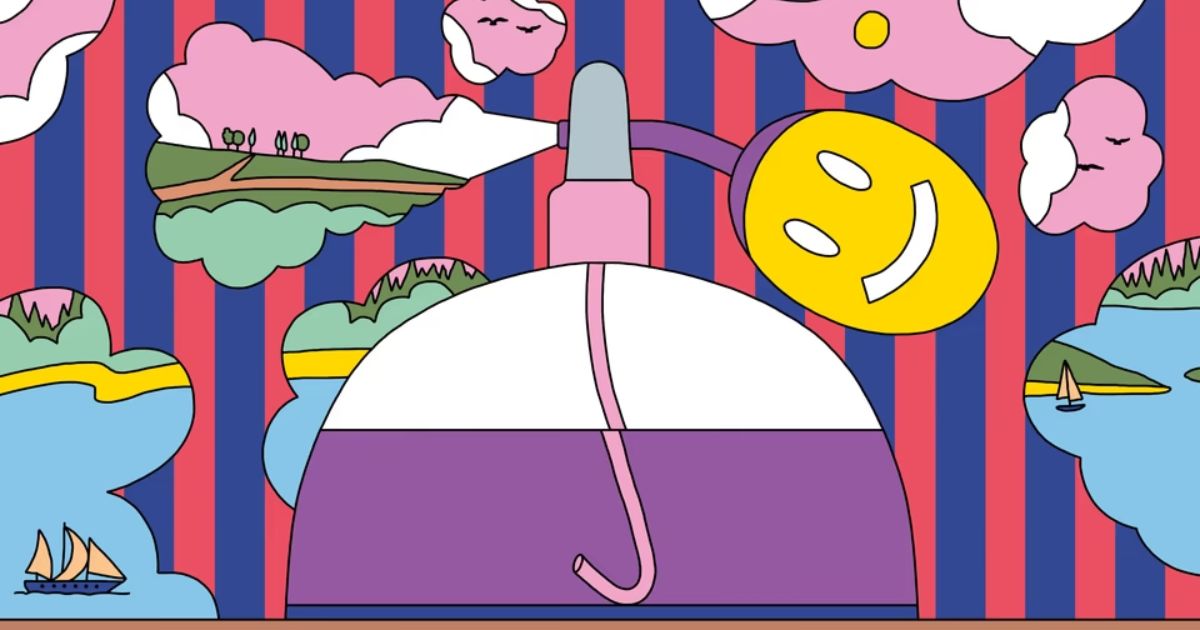Exploring the Positive Impact of Nostalgia on Well-being, Purpose, and Social Connectivity
In their exploration of the human mind, experts have looked into the deep effects of nostalgia towards mental health and general well-being.
Calling back to 1600s as a term for homesickness and anxiety, it has transformed into a positive emotion influencing how individuals think about their past experiences and view life today.
The Evolution of Nostalgia
Nostalgia was first described by physician Johannes Hofer in terms of displacement experienced by Swiss mercenaries fighting far from home; it turned into a sentiment associated with longing and yearning for past moments.
Its meaning has shifted from being about feeling homesick to being an emotion that is multifaceted binding together memories and feelings, as noted by Dhanya Chandran, who is a clinical psychologist.
Understanding Nostalgia: A Journey to the Past
Nostalgia can be defined as an abrupt inclination to go back to earlier stages of life where minds traverse memories often associated with pleasant events.
It is more than mere recall but rather a complex emotional experience that merges thoughts and feelings according to Chandran.
Triggers of Nostalgia
Various sensory cues in the present can often trigger nostalgia, a universal human experience.
Such triggers include everything from remembering a scent of something familiar to light raindrops falling gently on leaves.
It also includes such moments as when one finds him or herself alone in the house at certain times or the sound that brings back memories of loved songs.
The Mental Health Fortifications
Recent research published in 2020 through Frontiers in Psychology journal indicated that nostalgia has mental health benefits.
In particular, it improves optimism, inspiration and purpose in life. This indicates that it appears among aging people rejuvenating, while fostering a hopeful attitude towards health.
The Benefits Unveiled
1. Eliciting Positive Emotions
In most cases, it brings out good emotions which make someone feel better during hard times thereby providing temporary refuge to happy memories and experiences.
2. Inspiration and Motivation
People get encouraged and motivated by looking back at the times they made it in life and their fondest moments, which may push them to try new ambitions or create.
3. Enhanced Well-being
Engaging in nostalgic reflections positively impacts overall well-being, fostering a sense of happiness and contentment.
4. Alleviating Loneliness
It diminishes loneliness feelings as a companion because it reconnects with positive aspects of personal history.
5. Augmenting Life’s Meaning and Purpose
Life becomes more meaningful by relating back to one’s past experiences thereby conducting a purposeful life.
6. Promoting Self-awareness
Nostalgia helps encourage self-reflection which in turn assists individuals in seeing how they have grown over the years.
7. Mitigating Existential Crises
By anchoring individuals in familiar and positive memories, nostalgia can help ease existential crises by reminding them why their lives matter.
8. Enhanced Social Connectivity
Nostalgia creates a collective experience, bonding people together as they remember together. It gives people a sense of oneness.
The Cautionary Note
However, excessive immersion in nostalgia can present challenges. Overindulgence in past memories might interfere with daily functioning such that individuals ignore present realities.
Also, persons undergoing distress or mood disorders may be prone to recalling negative emotion-laden memories.
Hence, it is suggested that a balanced approach focusing on the positives and not getting stuck too much into the past should be adopted.
Final Thoughts
Well, in summary, it can be concluded that nostalgia is not just a memory or feeling, but also it can be used as an effective instrument for mental health and social solidarity.
The importance of nostalgia lies on its ability to draw up positive feelings, encourage imagination and develop relationships.
However, balance is necessary where individuals are encouraged to exploit its usefulness while still being mindful of the current realities and expectations.




























